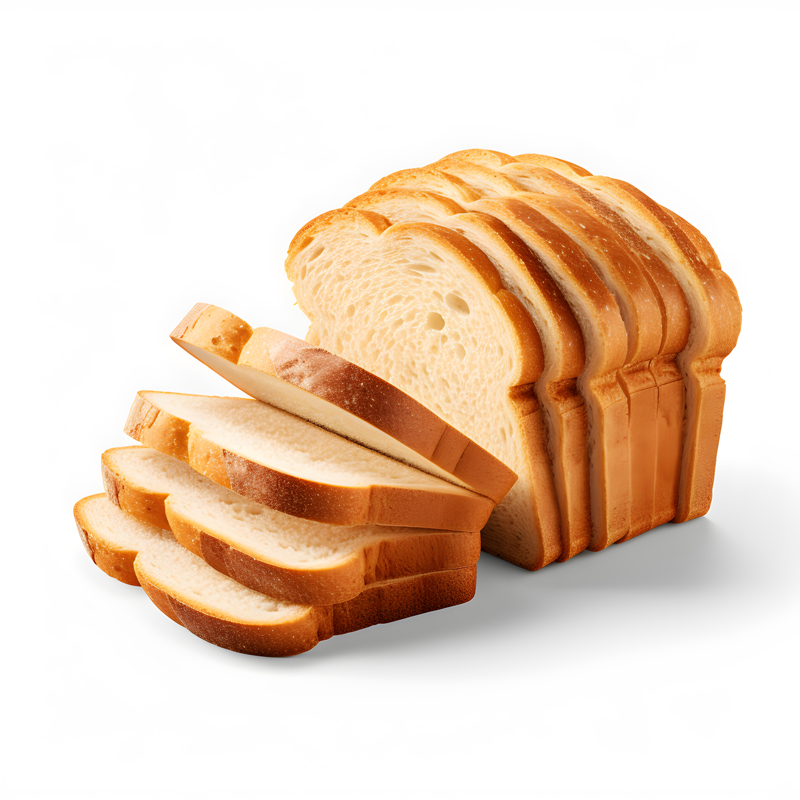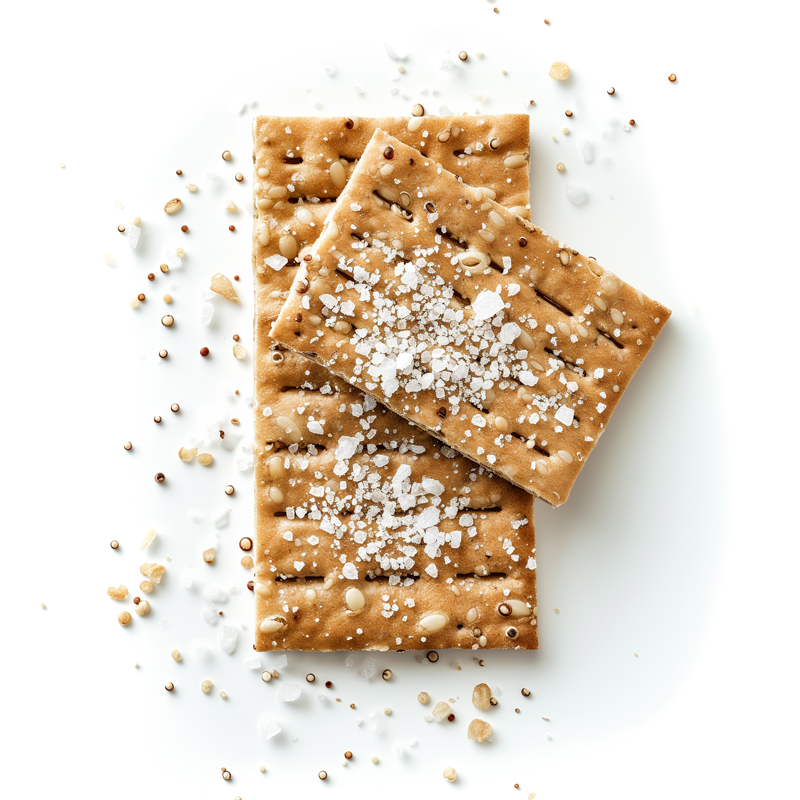

A comprehensive range of bread improvers (also known as dough conditioners) and process improvers have been developed to optimise dough processing and deliver baked products with superior volume, attractive appearance, desirable crumb texture and a pleasurable eating experience.
Each durObake dough conditioner has been developed for a specific bread type and is a concentrated blend of enzymes and other micro ingredients dispersed using a low dusting wheatflour; formulated for dosage between 0.5 – 1.0% flour weight.
These conditioners are available as clean label or for specific bread applications combined with additional functional ingredients to deliver strengthened dough handling and baked quality attributes.
| Enzyme Functionality | Enzyme | Benefit / Effect |
|---|---|---|
| Breaks down Starch into Glucose during fermentation | Fungal Amylase | Provides yeast food, baked volume and deeper crust colour. |
| Breaks down starch during baking into dextrins | Bacterial Amylase | Delivers the perception of moistness and crumb softness over life. |
| Breaks down starch during baking into Maltose | Maltogenic Amylase | Enhances crumb softness by slowing starch re-crystallisation (staling / firming). |
| Breaks down starch into Glucose during fermentation | Amylo-glucosidase | Gives a deeper, more consistent crust colour with glossy sheen. |
| Breaks down Aribinoxylan fibres | Xylanase | Increases baked volume. |
| Breaks down Cellulose fibres | Cellulase | Increases water absorbtion and baked volume. |
| Breaks down Aribinoxylan material | Hemi-Cellulase | Reduces water absorbtion giving shorter bake times and crisper texture. |
| Breaks down Polar Lipids | Tri-Glyceride Lipase | Delivers a finer crumb texture and enables emulsifier reduction. |
| Breaks down Phospholipids and Galactolipids | Phospholipase | Increases baked volume and gives finer texture and brighter crumb colour. |
| Crosslinks gluten by oxidation | Glucose Oxidase | Produces a drier dough with increased strength, allows possible gluten reduction. |
| Breaks down protein and gluten | Protease | Relaxes dough for easier processing with reduced shrinkage. |

Every enzyme type used by Bakenology Blends is considered to function as a processing aid; in line with current regulations, their declaration on the ingredient label is entirely optional.
All enzymes used by Bakenology Blends are NOT classed as Genetically Modified Organisms (GMO).
The emulsifiers used in selected durObake blends are Rapeseed Oil based and totally PALM Free.
Every durObake blend can be blended using either non fortified or Plant Growth Regulator (PGR) free wheatflour to meet the specific requirements of EU bakeries and retailers.
The range of durObake Process Improvers have been developed to resolve specific processing or quality issues and can be used in combination with dough conditioners. They are available with functionalities including reduced water absorbtion for enhanced crispness (crispbreads), a reduction in oil pick-up (doughnuts), enhanced dough relaxation (sheeted products) and for extended microbial preservation (as an optimised pH and preservative blend with no liquid acetic acid handling).
